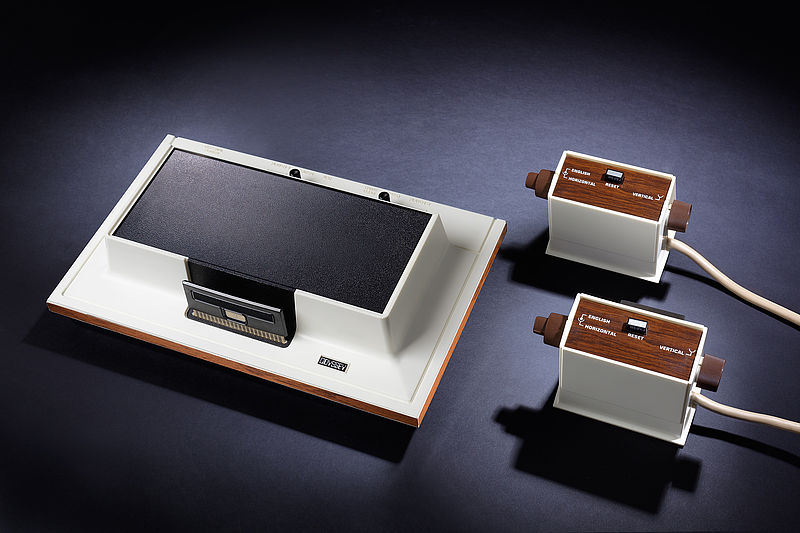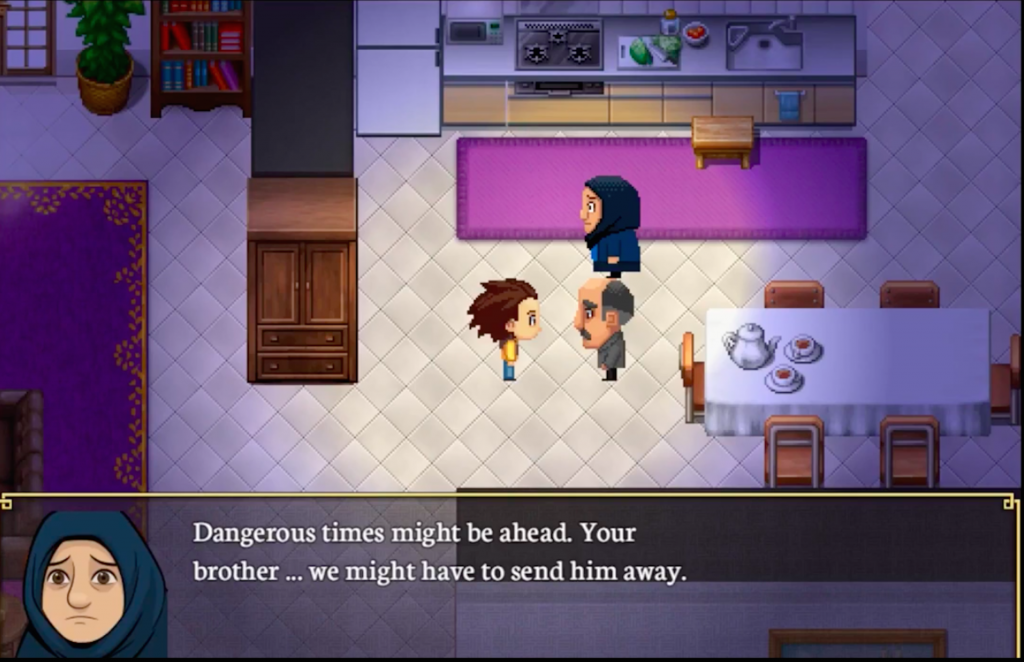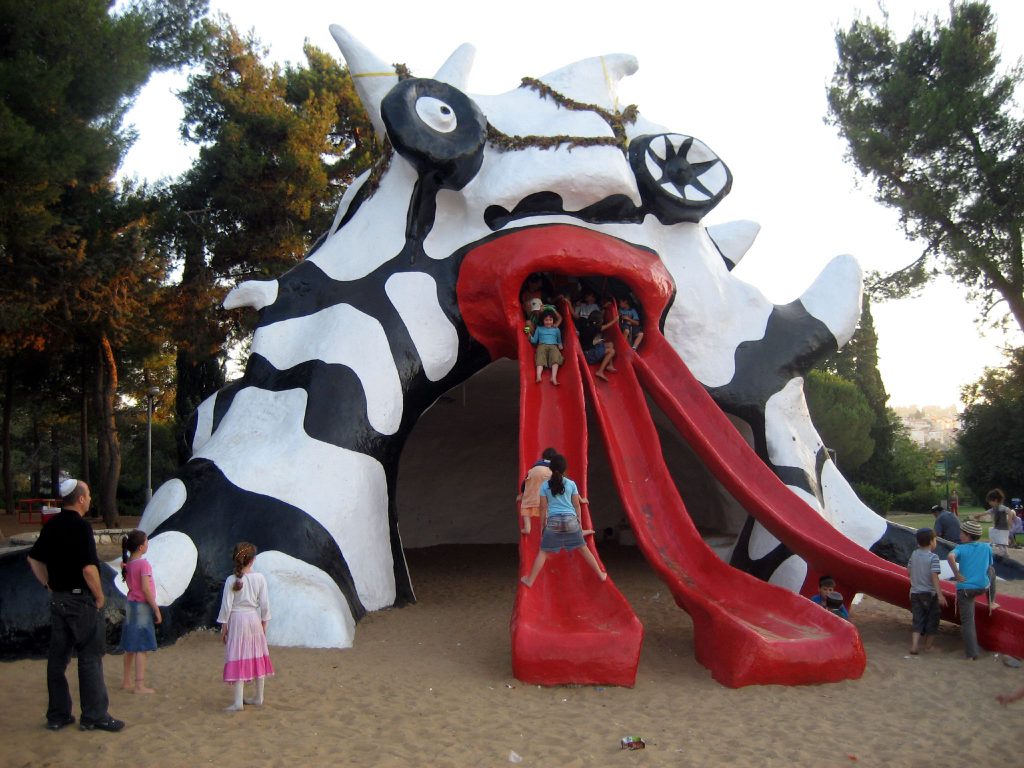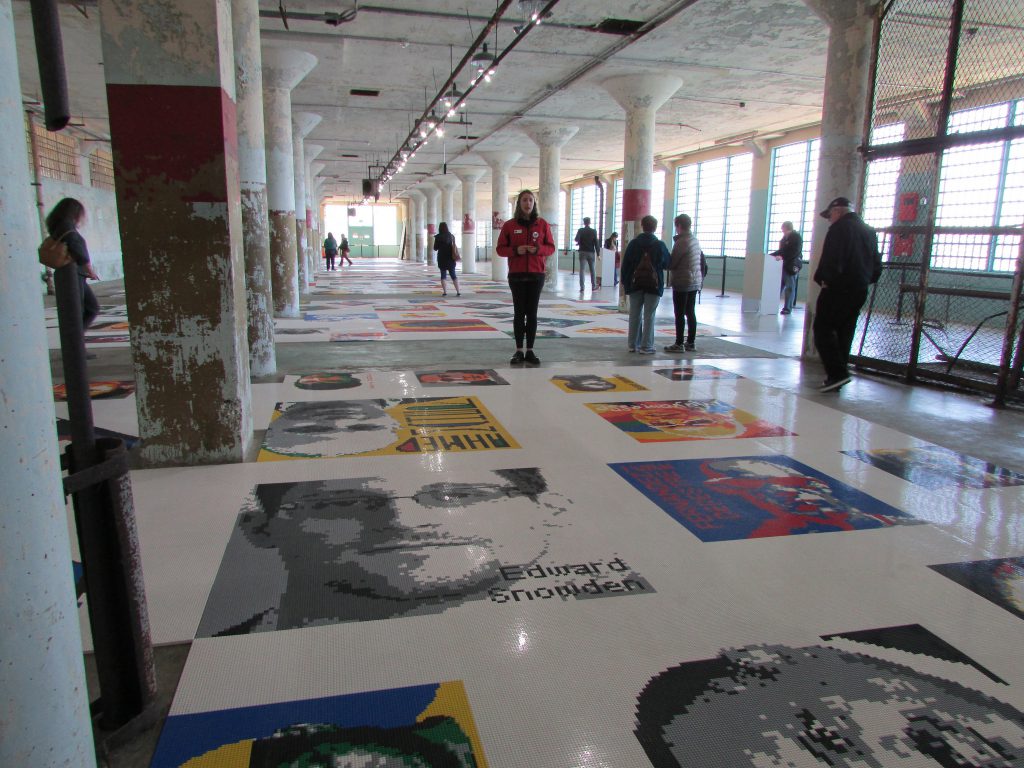Games are a core part of cultural history and many academics, librarians, archivists, and laypeople have dedicated enormous amounts of time and expertise to ensuring that how we play, and have played, isn’t completely lost to the sands of time. This week we look at who’s collecting and preserving game history, like this, the first video gaming console, the Odyssey.
While the Internet Archive has done yeoman’s work in bringing back the warm fuzzies around Dig Dug, Pole Position, Street Fighter, and something called Return to Zork, the Video Game History Foundation is hard at work making sure that the more ephemeral aspects of video games don’t disappear. Founder Frank Cifaldi envisions a broad digital archive of game packaging, press and marketing materials, source code, and playable binary code, but also a rich library of print material, starting with his own collection of video game magazines.
Similarly, in the UK, the BBC Games Archive has collected, restored, and made available to the public a group of games developed in the early 1980s for the BBC Micro, an early home computer also adopted throughout Britain in schools.
The UK’s Victoria & Albert Museum in London has an outpost in Bethnal Green dedicated to all things childhood, but is known for its stunning collection of British and international board, card, and sporting games, along with dolls and dollhouses, figurines, LEGOs, and so much more.
Meanwhile, in Nuremburg, is the German Games Archive. Founded by a German literature scholar a few hours away in Marburg, the Games Archive is home to 30,000 German-language parlor games dating back to 1945. It even hosts an initiative called Stadt-Land-Spielt! (City-Country-Play!) to “promote games as a cultural asset in society.”
Back in the U.S., the University of Michigan Library has established the Computer & Video Game Archive, which includes a “Serious Games” category dedicated to games “designed for a primary purpose other than pure entertainment.” These include a game from 2011 that teaches players to handle the aftermath of natural disasters and a game that allows users to contribute to scientific research on protein folding.
The LGBTQ Games Archive should be required viewing for anyone interested in the cultural history of gaming or anyone entering the gaming industry. Not yet a fully fledged archive, but rather a resource of “queer game content” in digital games dating to the 1980s, including everything from Super Mario Bros. to Caper in the Castro. Game on, indeed!
Check in next week for a new roundup of the latest play news and stories.
(Photo credit: The Odyssey, the first video gaming console, was manufactured in 1972 by Magnavox. Courtesy of Heinz Nixdorf Museum Forum. Photo by Jan Brown.)












